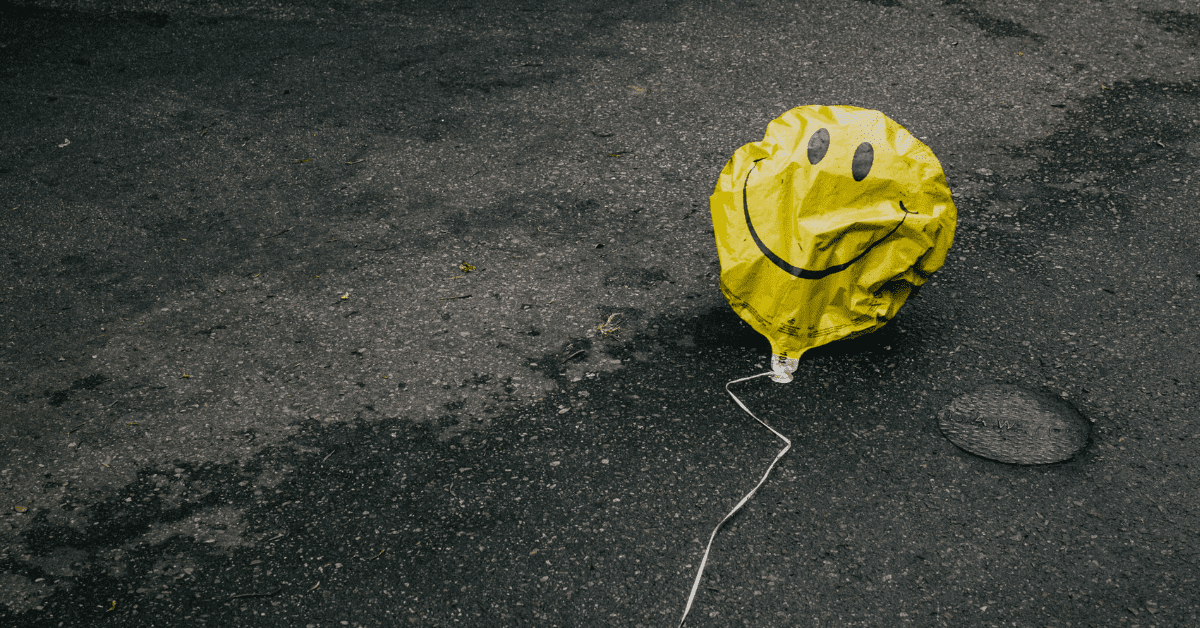*This piece is by an IBLP survivor who needs to remain anonymous.
Pants of Courage
I was in my late twenties the first time I tried on a pair of pants. I bought them at the local mall, having no idea what size I was or how pant sizes differed from dress sizes. After clumsily trying on several pairs, I finally found one that fit. Worried someone might be watching, I hastily made my purchase, carefully stuffing the receipt in my wallet, knowing I would need it the next day for the return. “I just want to know what it feels like to wear pants this one time, then I will take them back,” I told myself.
As a woman raised in fundamentalist Christianity, wearing a pair of pants was a cardinal sin; pants accentuate a woman’s body and endanger the eyes (and therefore the spiritual well-being) of boys and men around her. Buying my first pair of pants at almost thirty years old was equally courageous and terrifying. By God’s grace I decided to keep the pants and thus began my long journey out of fundamentalism. That buying experience is now in the rearview mirror of my life but the beliefs that held me captive for so long are never far from my consciousness.
Shiny, happy people
On June 2, 2023 the new Amazon documentary, Shiny, Happy People: Duggar Family Secrets hit the global stage like a truth grenade, splintering wide open the Duggar family (former TLC reality stars) and anyone who grew up in or was connected to the teachings of Bill Gothard and the Institute in Basic Life Principles (commonly referred to as IBLP), which they followed. The documentary does an excellent job of interviewing IBLP survivors and experts, connecting the dots between the toxic, unbiblical teachings of Bill Gothard with the common practices of minimizing/covering up sexual abuse, justifying spiritual abuse and excusing educational neglect in many IBLP homeschool families. For those of us raised in IBLP, the documentary was like watching someone force open the door of our childhood, a door we desperately tried to keep locked for many years.
Survivors in the church
Though it may come as a surprise, there are ex-IBLP and ex-fundamentalist survivors in your church who have been triggered by this documentary and who need a safe place to process. As survivors, we’ve tried desperately to fit into the “normal world,” and hide from our weird past. Our spouses, colleagues and friends may or may not know the extent of our past experience with IBLP or the effect it had on us.
Ready or not, the documentary has forced us to reckon with the past. Due to its popularity around the world, all at once our childhood is being dissected by Christians and non-Christians alike on various news sites and platforms; we feel emotionally vulnerable and splayed open. Many of us are walking around at church with an invisible, open wound, only known to ourselves and those who know us best, but we need help. The shine has worn off and we desire to be seen for who we really are.
Signal that you are safe
The best way to signal you are a safe person is to mention the documentary in passing or more specifically from the pulpit (make sure you watch the documentary first!). As the number one documentary on Amazon for several weeks, many people have seen it. Secondly, invite anyone from your congregation who needs to process a fundamentalist background to come talk to you. The fact they are still coming to church and desire to separate Jesus from their painful upbringing is a miracle; they haven’t given up on their faith and God hasn’t given up on them.
Listen and validate
After a survivor knows you are a safe person (in other words, you won’t be agreeing with or defending IBLP/fundamentalism in any way), listen and validate their experience by asking questions (each person’s experience is unique). Due to the way our brain reacts to trauma, we often minimize our experiences and pain, especially if our parents justified beatings, isolation and restrictive teachings with, “This is God’s best and we love you.” It is very difficult to disentangle painful experiences when done in the name of God. Some will share all at once and some will only allude to their past, not yet ready or able to verbalize all that happened. The documentary opened the door for conversation, but the healing will come in waves.
Encourage and recommend therapy
Therapy is the best way forward for anyone who is recovering from IBLP or religious fundamentalism, but agreeing to go is the first hurdle. We were taught that Bill Gothard’s sacrosanct teachings were all we needed in life, counseling was only reserved for other people who had “issues;” we were “shiny, happy people” after all. Once a survivor becomes open to therapy, be ready with a list of trusted therapists who specialize in spiritual abuse and religious trauma (Psychology Today is an excellent resource where you can filter therapists by speciality and insurance coverage). Acknowledge that the road to healing, wholeness and freedom is slow but possible.There is no right or wrong way to heal; everyone is on their own journey and timetable. Remind them they are safe and you are committed to walking this path with them, however long it takes. As a spiritual leader, if you are kind, loving, non-judgmental, and grace-filled, you are already part of the survivor’s healing journey, for you are showing the true nature of God.



